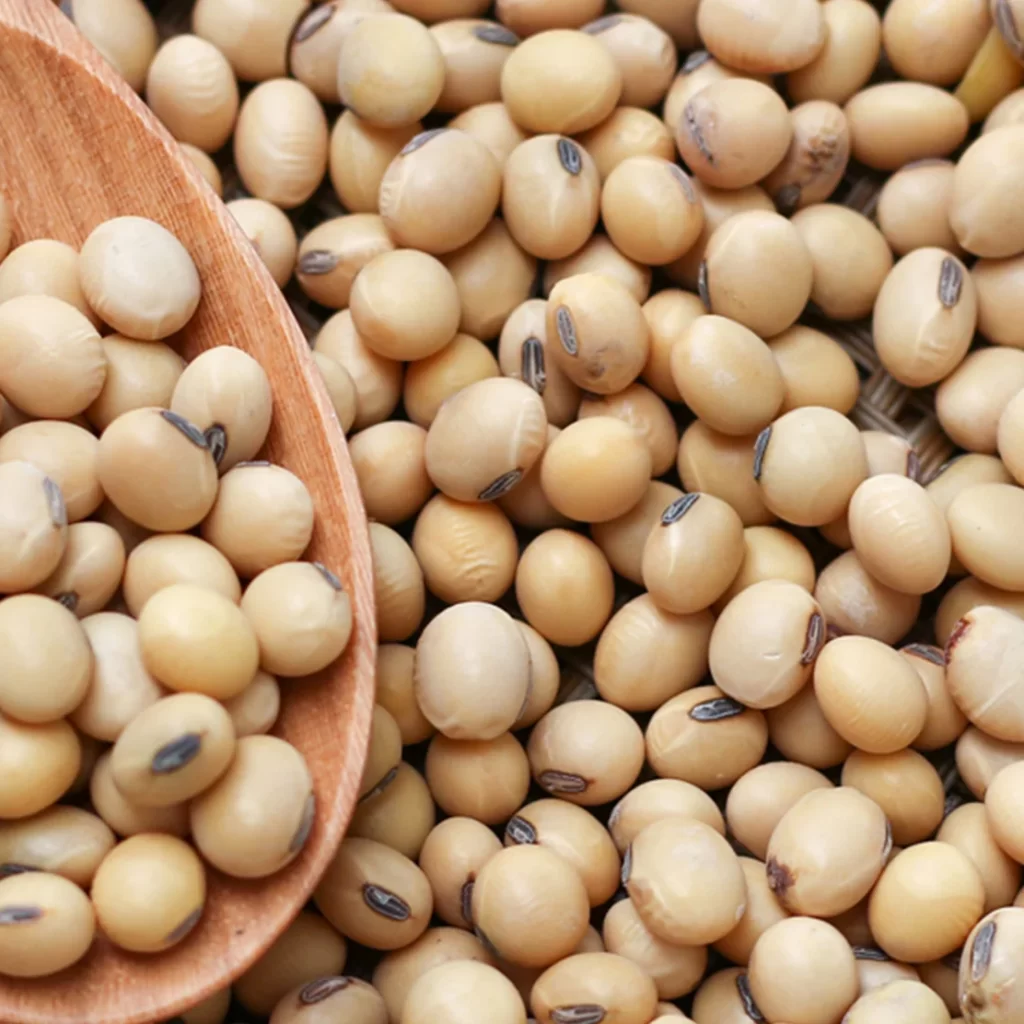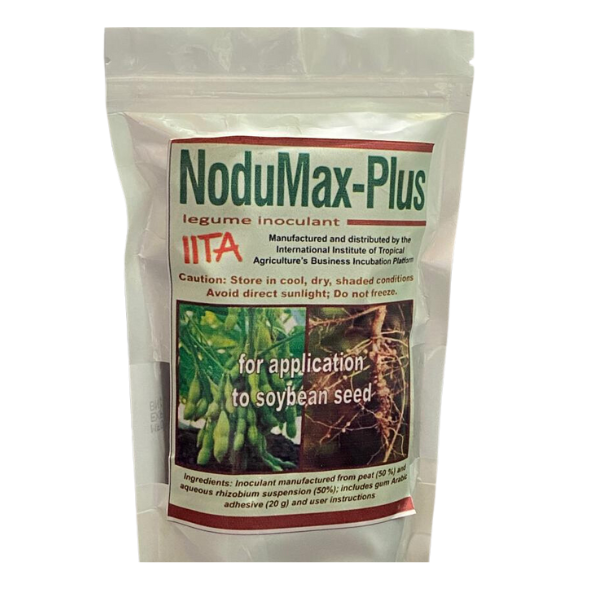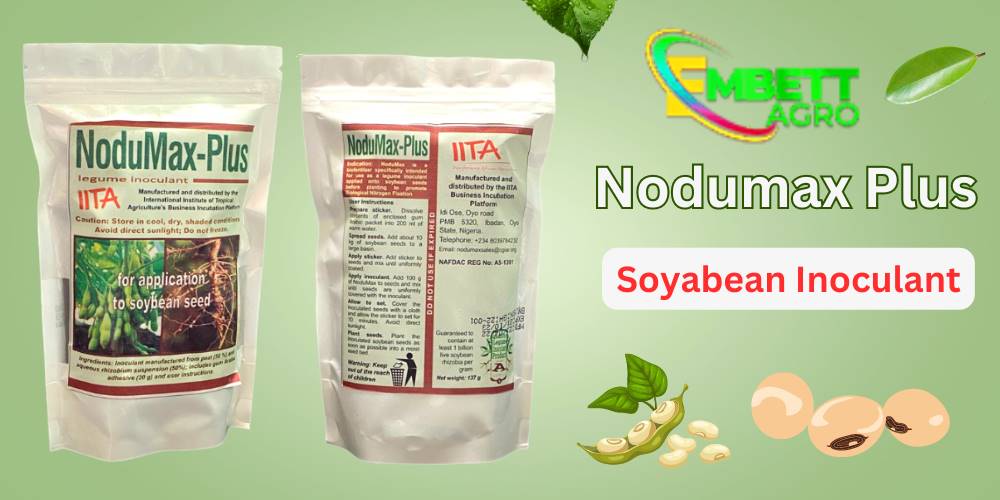Are you a farmer looking for high-quality soybean seeds in Ghana? Look no further! In this article, we will explore the importance of using premium soybean seeds for agricultural purposes in Ghana. We will discuss the benefits of high-quality soybean seeds, their impact on crop yield and profitability, and where you can find reliable sources to obtain them. So let’s dive in!

Soybean cultivation plays a vital role in Ghana’s agricultural sector, contributing to food security and economic development. To maximize your soybean harvest and achieve optimal crop performance, it is crucial to start with high-quality soybean seeds. High-quality seeds offer numerous advantages over conventional seeds, including improved yield potential, disease resistance, and enhanced nutritional value.
2. The Significance of Soybean Seeds
Soybean seeds are the foundation of a successful soybean crop. The quality of the seeds directly impacts the yield potential and overall performance of the plants. By using high-quality soybean seeds, farmers in Ghana can establish a solid foundation for a productive and profitable soybean farming venture.
3. Benefits of High-Quality Soybean Seeds
Improved Crop Yield
One of the primary advantages of high-quality soybean seeds is their ability to deliver increased crop yield. These seeds are genetically superior and have been carefully selected and bred to exhibit traits that promote higher productivity. By investing in premium seeds, farmers can significantly enhance their soybean harvest, leading to greater profitability.
Disease Resistance
Another key benefit of using high-quality soybean seeds is their resistance to diseases. Superior seeds are often developed through rigorous research and testing, ensuring that they possess strong resistance against common soybean diseases. This resistance helps protect the crop, reduce yield losses, and minimize the need for excessive pesticide applications.
Higher Nutritional Value
High-quality soybean seeds are known for their superior nutritional value. They contain a higher concentration of essential nutrients, such as protein and oil, making them an excellent choice for both human consumption and animal feed production. By using such seeds, farmers can cater to the increasing demand for nutritious soybean products.
4. Factors to Consider When Choosing Soybean Seeds
When selecting soybean seeds, farmers should consider several factors to make an informed decision:
Variety Selection
Different soybean varieties exhibit varying traits and adaptability to different regions of Ghana. Farmers should choose varieties that are well-suited to their specific agroecological conditions and farming objectives.
Seed Treatment
Seed treatment is crucial for protecting the seeds against pests, diseases, and other potential threats. Opting for seeds that have undergone proper treatment ensures better seed health and increased chances of successful germination.
Seed Purity
Seed purity refers to the absence of contaminants or other crop seeds in the soybean seed lot. It is essential to source seeds from trusted suppliers who adhere to strict quality control measures to ensure high seed purity.
Seed Germination Rate
The germination rate indicates the percentage of seeds that will successfully sprout under favorable conditions. Farmers should select seeds with high germination rates to maximize their planting success and achieve uniform crop establishment.
5. Where to Find High-Quality Soybean Seeds in Ghana
- Research Reliable Seed Suppliers: Begin by researching reputable seed suppliers in Ghana that offer high-quality soybean seeds. Look for suppliers who specialize in soybeans and have a good reputation in the agricultural industry.
- Check for Nodumax Inoculant Availability: Once you have identified potential seed suppliers, inquire whether they provide Nodumax inoculant along with their soybean seeds. Nodumax is a beneficial inoculant containing specific strains of rhizobia bacteria that enhance nitrogen fixation in soybeans, promoting healthier plant growth and higher yields.
- Contact Seed Suppliers: Reach out to the selected seed suppliers and inquire about the availability of high-quality soybean seeds and whether they offer Nodumax inoculants as well. Ask about the soybean seed varieties they carry and their characteristics, ensuring they meet your specific farming requirements.
- Evaluate Seed Quality: Request information on the quality of the soybean seeds, including details about their genetic purity, germination rates, disease resistance, and performance in Ghana’s agroecological conditions. Reliable suppliers will provide you with comprehensive information to help you make an informed decision.
- Inquire About Nodumax Inoculant Application: If the seed suppliers offer Nodumax inoculant, ask about the recommended application methods and dosage rates. They should provide instructions on how to properly apply the inoculant to maximize its benefits for nitrogen fixation in soybeans.
- Place an Order: Once you have gathered all the necessary information and are satisfied with the quality of the soybean seeds and the availability of Nodumax inoculant, proceed to place an order with your chosen seed supplier. Provide them with the required details, including the quantity of seeds and the desired delivery date.
- Follow Storage Recommendations: Upon receiving the high-quality soybean seeds and Nodumax inoculant, follow the recommended storage guidelines provided by the supplier. Ensure that the seeds are stored in a cool, dry, and well-ventilated area to maintain their viability until planting.
- Properly Apply Nodumax Inoculant: When it comes time for planting, follow the instructions provided by the seed supplier regarding the application of Nodumax inoculant. This typically involves coating the soybean seeds with the inoculant before sowing them in the field.
By following these steps, you can obtain high-quality soybean seeds in Ghana along with Nodumax inoculant. This combination will contribute to the healthy growth and optimal performance of your soybean crop, leading to increased yields and improved profitability.
6. Best Practices for Soybean Seed Storage
Proper seed storage is essential to maintain the viability and quality of soybean seeds. Here are some best practices to follow:
- Store seeds in a cool and dry environment to prevent moisture accumulation.
- Keep seeds away from direct sunlight and potential sources of heat.
- Use airtight containers or bags to protect seeds from pests and fungal infections.
- Regularly monitor the stored seeds for signs of deterioration or damage.



